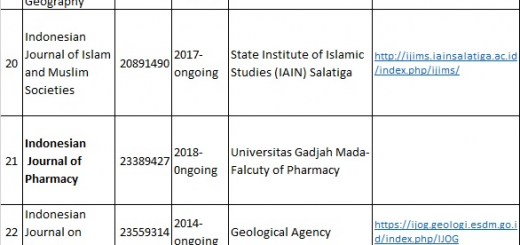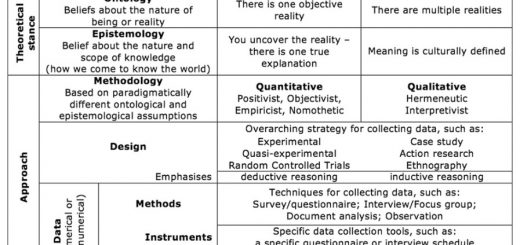Dealing with the PhD Viva

Tips for dealing with the PhD viva:
1. Try to learn some social ‘niceties’ so that you can meet and greet the examiner(s) appropriately. Be aware of the social etiquette (e.g. Are you expected to shake hands with the examiner? How do you address the examiners?) Ask your supervisor for advice about this.
2. Learn how to introduce yourself concisely, and practise saying how you came to be interested in the subject you have written about. This is often the first ‘ice breaker’ question and it helps to have something prepared in your mind.
3. Take your time when responding to questions. It is permissible to spend a couple of moments to think about questions before launching forward with an answer.
4. Ask for clarification and/or repetition if you do not understand what is said. Better this than answering the wrong question.
5. Keep your answers relatively brief and concise. The more you waffle, the more chance there is of saying something you may regret.
6. If the examiner wants to talk to you about something, let them talk. Do not interrupt them unnecessarily.
7. Look at both examiners, even if only one of them seems to be asking you the questions.
8. Treat the viva as a professional event and a job to be done. It’s not a theatrical performance – your job is simply to deal professionally with any questions you are asked and to stick to what is required. You are not expected to be charismatic.
9. Do not speak too loudly or too quietly. Find the right volume. And ensure that you enunciate your words clearly.
10. Avoid over-use of humour. It can give the impression that you are being ‘flippant’ and ‘dismissive’ of the event and not taking it seriously. This will not be appreciated.
11. Avoid extremes of emotion. For instance, try not to get upset or burst into tears. Similarly, avoid being aggressive or critical of the examiner. If the examiner does happen to question your approach, or asks why you didn’t conduct your research some other way instead, this is not necessarily a criticism, or a bad sign. Look at it as his/her job. The viva is there to allow you to defend the steps that you have taken in your research and the examiner(s) will take account of these.
12. Do not be unnecessarily deferential. Try not to indicate weaknesses in your thesis and avoid being unnecessarily critical of your own work (e.g. ‘I wasn’t really very happy with Chapter 2’). It’s up to the examiner to spot any weaknesses there may be. If he/she does not spot anything, that’s good news for you.
13. Draw attention to things in your thesis that you particularly like, especially if they are not mentioned by the examiner.
14. Hold your head up high. You have worked hard for this day, and you have every right to feel proud of your achievements.
15. Be philosophical. Most students get minor corrections in their thesis, and some may need to do some re-writing. But if you hadn’t done the viva, you wouldn’t have known what was wrong (if anything). So at least it is a good time for feedback.
16. Remember that whatever happens, you will be getting valuable feedback on your work. In your future publishing career, you will often face hostile criticism and even rudeness from reviewers. Your Ph.D. examiners will, of course, be polite and courteous to you. For them, and for you, the viva is simply a way of breaking you gently into the academic world – an often competitive, unforgiving environment. And they will not be doing you any favours by giving you too easy a time of it – a Ph.D. has to be ‘earned’!
17. Finally, hard though it may seem, do look as if you are enjoying the viva! The more you try to enjoy it, the better you will perform. Attitude is everything.
Source: http://www2.warwick.ac.uk/…/listening…/skills/tips_for_viva/
About Adi Susilo Jahja
Twitter •



